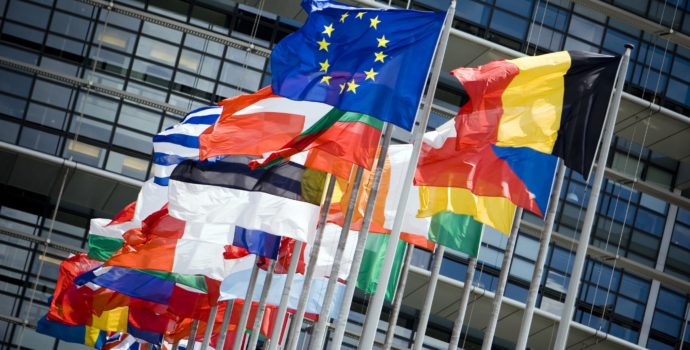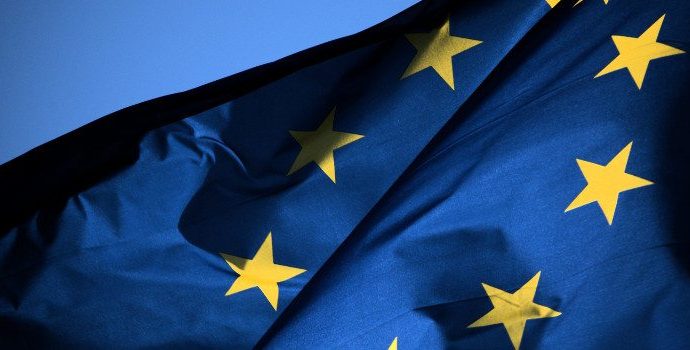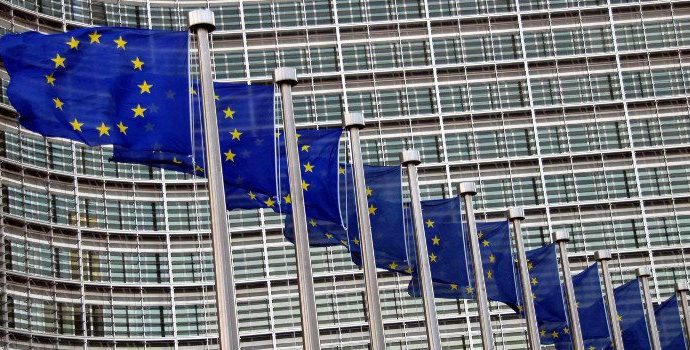European Commission Daily News 25th Feb

Latest agri-food trade figures released: EU agri-food trade remains stable in January-November 2020
The latest monthly agri-food trade report released today shows stability in January-November 2020, despite challenges from the coronavirus pandemic. EU exports reached 168.5 billion euros, an increase of 0.9% compared to the same period last year, while imports amounted to 112.3 billion euros. euros, an increase of 0.4%. As a result, the EU enjoyed an agri-food trade surplus of EUR 56.2 billion, an increase of 2% compared to 2019. China remained the main destination for the growth of EU agri-food exports. , with a demand for pork, wheat and infant food, contributing to an increase of 3.71 billion euros in the total value of exports. A wide range of products has resulted in an increase of € 600 million in the value of EU agri-food exports to Switzerland. Cereals and dairy products have led to growth in the value of exports to the Middle East and North Africa region, especially in the case of Saudi Arabia, Algeria and Morocco. The value of EU exports to the US fell by € 496 million, with spirits and wine being the main products affected. The value of EU exports also declined in the cases of Singapore and Japan. Regarding trade with the UK, EU exports registered a slight increase of € 15 million compared to January-November 2019. EU exports of wheat, pasta and Pastry shops particularly benefited, although sales of wine, spirits and liqueurs and poultry meat declined. Compared to the previous period in 2019, EU imports from the UK decreased by € 1.44 billion. Canada remained a growing source of EU agri-food imports, with an increase of € 854 million driven by rapeseed and durum wheat. The full report is available online and more information on agrifood policy can be found here.
Climate diplomacy: College Members meet with Alok Sharma, President of COP26
Tomorrow, Executive Vice-President Frans Timmermans and Commissioners Kadri Simson, Virginijus Sinkevičius and Mairead McGuinness will receive Alok Sharma, the President of the COP26 climate conference due to be held in Glasgow in November this year. In line with the Paris Agreement, the EU submitted an ambitious new Nationally Determined Contribution (NDC) to the UNFCCC secretariat in December, committing to an at least 55% net greenhouse gas emissions reduction by 2030, compared to 1990 levels. This objective sets the EU on a balanced and realistic pathway towards climate neutrality in 2050. Following the EU’s leadership, governments around the world have made a number of important announcements to boost the fight against climate change in recent months, and with the U.S. re-joining the Paris Agreement a new international momentum for climate action is an encouraging signal for COP26. The Commission is committed to working closely with the COP26 Presidency and all of its international partners to make this crucial year a tipping point for climate action and for nature. The Commission will make legislative proposals in June 2021 to implement its new climate and energy targets in our ‘Fit for 55′ Package, showcasing again to our international partners how the European Green Deal is both a climate strategy and a growth strategy. We will also present new proposals in the course of 2021 to promote sustainable finance and to embark in nature restoration and reverse biodiversity loss, as essential pillars of tackling the climate crisis.
Citizens’ Dialogue: Executive Vice-President Timmermans discusses grassroots climate action under the European Climate Pact
Tomorrow, Executive Vice-President Timmermans will meet online with representatives of various youth associations, citizens and Climate Pact Ambassadors from Spain as part of a Citizens’ Dialogue series focused on individual action against the climate and biodiversity crises. Ahead of the conversation, Executive Vice-President Frans Timmermans said: “If it wasn’t for the massive mobilisation of civil society around climate change, we would not be where we are today. The climate protests over the last couple of years have made ambitious climate action not only a moral but also a political necessity. The EU has put in place ambitious targets to reduce net greenhouse gas emissions by 55% by 2030, to ensure we become climate neutral by 2050. We can only achieve these targets if we all work together and leave nobody behind in this transition. With the European Climate Pact we are in a continuous conversation with citizens across Europe to learn from and inspire each other.” Through the European Climate Pact, the Commission aims to harness ideas, projects and commitments by civil society, industry and local actors and give citizens a platform to exchange knowledge, and inspire each other. Tomorrow’s event can be followed via the social media accounts of the European Commission’s Representation in Spain (Facebook and Twitter) and the Directorate-General for Climate Action (Facebook and Twitter). Participants will be able to ask questions ahead of the event via these social media platforms. More details are available here. This afternoon, Executive Vice-President Frans Timmermans also participates in an online dialogue with young European influencers who visited projects promoting a sustainable lifestyle as part of Directorate-General REGIO’s Green Challenge and European Climate Pact Ambassadors. This event can be followed live on Facebook.
Read the European Commission Daily News in full here.



